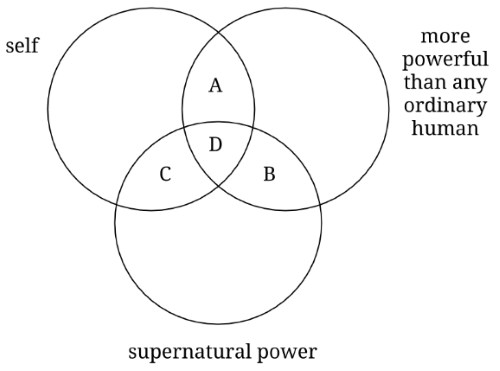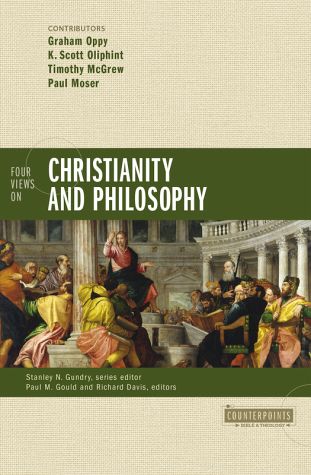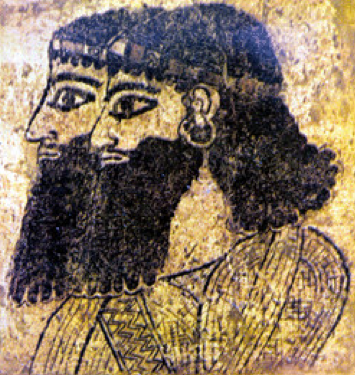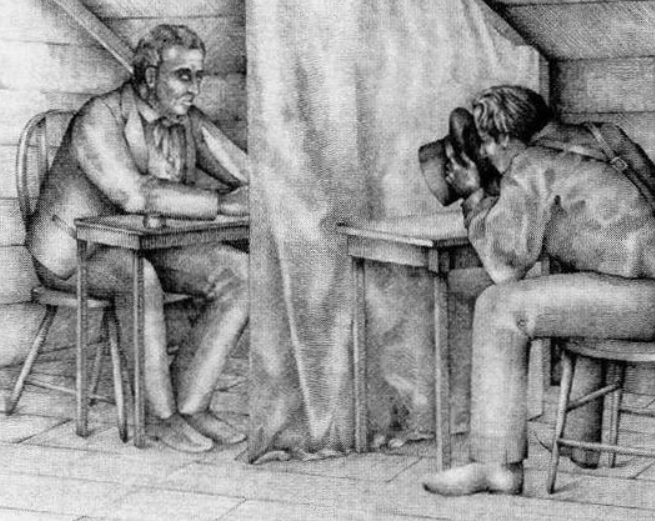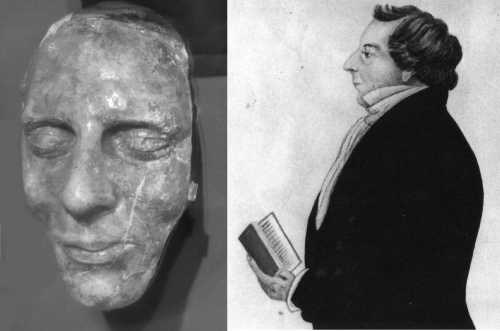podcast 166 – Alvan Lamson’s On the Doctrine of Two Natures in Jesus Christ – Part 2
Is the theory that Jesus has “two natures” more trouble than it’s worth?
podcast 165 – Alvan Lamson’s On the Doctrine of Two Natures in Jesus Christ – Part 1
All Christians have always believed that Jesus Christ is one person with two natures, a divine nature and a human nature, right?
podcast 164 – On Counting Gods
The terms “atheism,” “monotheism,” and “polytheism” seem straightforward enough… BUT important ambiguity lurks in the root term “theism.”
“On Counting Gods” published in TheoLogica
My paper “On Counting Gods” has just been published in the new TheoLogica journal.
podcast 163 – Dr. K. Scott Oliphint on How Christianity Trumps Philosophy
Does Christianity trump Philosophy?
podcast 162 – Dr. Timothy McGrew on the Convergence of Philosophy and Christianity
We find miracle-reports in many religions. Does this undermine Christian appeals to miracle-reports?
podcast 161 – Dr. Paul Moser on Conforming Philosophy to Christianity
“… and hope does not disappoint us, because God’s love has been poured into our hearts through the Holy Spirit that has been given to us.”
podcast 160 – Dr. Graham Oppy on the Conflict between Christianity and Philosophy
Do Christian claims clash with Philosophy?
podcast 159 – Aaron Arinder on Ontological Pluralism and the Trinity
Can metaphysics show how trinitarian theology is coherent?
podcast 158 – Listener Questions 3
An appealing theological option which is neither Nicene nor “Arian”?
podcast 156 – Dr. J.R. Daniel Kirk on A Man Attested by God – Part 2
If Jesus fulfills predictions about Yahweh, does this mean that he’s Yahweh?
podcast 155 – Dr. J.R. Daniel Kirk on A Man Attested by God – Part 1
Do Matthew, Mark, and Luke discreetly but clearly imply that Jesus is God?
Divine fluidity
Sommer’s theory of divine fluidity: a solution to the problem of anthropomorphic language in the Hebrew Bible.
podcast 154 – Mormons seeing the man behind the curtain – Part 2
A tightly knit religious group can ignore outsiders’ criticisms indefinitely. But when insiders…
podcast 153 – Mormons seeing the man behind the curtain – Part 1
Joseph Smith made some bold claims, many of which
podcast 152 – Dr. Michael Rota on evidence for the Christian God
Is there evidence for God’s existence?
podcast 151 – Dr. Michael Rota on Pascal’s Wager
What if you believe in Christianity, and it’s false? Have you lost much, really?
Can Kant refer to God?
I am plodding on with Plantinga’s Warranted Christian Belief, which I strongly recommend. He is committed to the Christian (and Jewish and Muslim) belief that not only that there is such a being as God, but also that we are able to address him in prayer, refer to him, think and talk about him, and predicate properties of him. This means using unique descriptions like… Read More »Can Kant refer to God?



